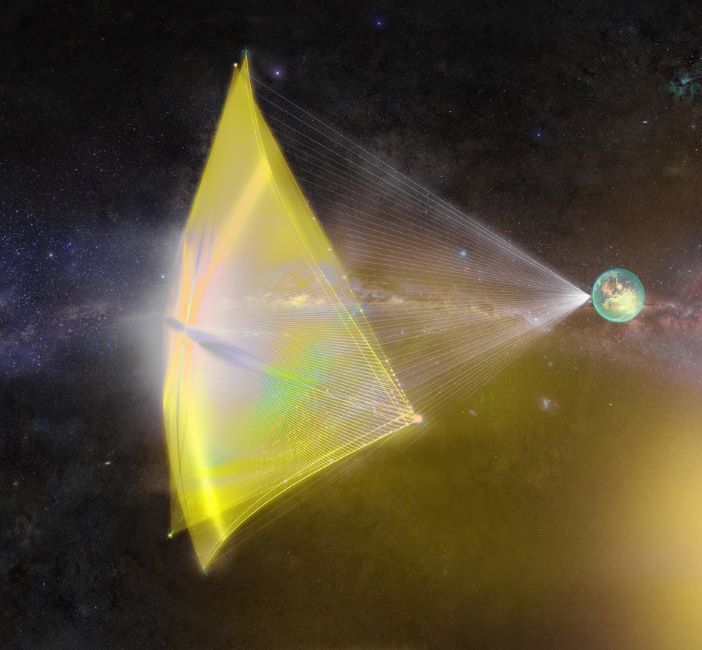Get the latest tech news
A safe nuclear battery that could last a lifetime. Sometimes cell phones die sooner than expected. Now, researchers are considering radiocarbon as a source for safe, small and affordable nuclear betavoltaic batteries with carbon-14 that could last decades or longer without charging.
Rechargeable lithium-ion (Li-ion) batteries typically last hours or days between charging. However, with repeated use, batteries degrade and need to be recharged more frequently. Now, researchers are considering radiocarbon as a source for safe, small and affordable nuclear batteries that could last decades or longer without charging.
Consequently, scientists are exploring advanced semiconductor materials to achieve a higher energy conversion efficiency — a measure of how effectively a battery can convert electrons into usable electricity. To significantly improve the energy conversion efficiency of their new design, In and the team used a titanium dioxide-based semiconductor, a material commonly used in solar cells, sensitized with a ruthenium-based dye. During demonstrations of the prototype battery, the researchers found that beta rays released from radiocarbon on both electrodes triggered the ruthenium-based dye on the anode to generate an electron avalanche that was collected by the titanium dioxide layer and passed through an external circuit resulting in usable electricity.
Or read this on r/technology